Hi folks,
Here's a piece I wrote awhile back you may find interesting...
“REAL”
CHARACTERS AS OPPOSED TO “HOLLYWOOD” CHARACTERS:
NOIR
RULES
As writers, each of us comes to our
choice of this craft from different avenues and all of us have different
motivations and agendas, based on any number of factors. Our life experience is
perhaps the largest factor and that involves not only our childhood experiences
and relationships, but that English teacher in the fourth grade who encouraged
us (or discouraged us—as psychology students learn, there are two possible ways
to get the rat to run the maze—punishment or reward). Writing, to my mind, is
one endeavor that doesn’t fall under the genetics/environment argument. I don’t
believe in something called “the born writer.” If there were such a thing, why
didn’t Native Americans and other similar cultures ever produce a single writer
before the white man took over the real estate? Story-tellers, yes, absolutely.
But, no writers.
In fact, as a writer, accuracy is
important to me, and it’s why I walked out of the movie Dances With Wolves. A third of the way through, a group of Indian
boys have stolen Kevin Costner’s horse (obviously not aware of his iconic
Hollywood status) and are riding back to their camp. Subtitles inform us of
what they’re shouting. One boy yelled, “They’ll write songs about us!” (Italics mine.) Well, not one single North
American Indian tribe had the word “write” in their vocabulary; indeed, the
concept of writing didn’t exist prior to the white man becoming the landlord.
From that moment forward, my disbelief became unsuspended, and I couldn’t buy
any of the rest of the movie.
I looked up the original screenplay
and the writer had it right. He’d written: “They’ll sing songs about us.” The writer got it right and the director or
editor or whoever changed it. Happens to us writer-types all the time.
The point I’m trying to make is that
writing isn’t a result of genetics. It’s something created by environment. The
additional point is that a writer should watch editors very carefully…
In my case, I’m just following the
dictum, “Write what you know.”
Well… Les knows crime. I spent a
considerable portion of my life doing crime stuff. Even spent two-plus years in
prison, in one of Indiana’s then-two maximum security prisons, Pendleton, back
in the sixties on a 2-5 for second-degree burglary. Did other things afterward,
including dealing drugs, using drugs, working as an escort for wealthy women,
was shot at and shot back, was involved in high-speed chases with the cops,
lived with a call girl whose clientele involved people you’d recognize from People Magazine, was homeless, was involved
in stabbings, check-kiting, strong-armed robberies, and some other tricks and
stratagems of the hustling trade.
I also have this weird desire to
write true accounts of the criminal
mind in novels, something I’ve seen very little of. In fact, the only accurate
depiction of the criminal mind I’ve ever seen in a movie was the Woody
Harrelson character in Natural Born
Killers. Although, it seems that movie turned off a lot of folks, who
prefer their criminals depicted in a more romantic and Hollywoodish fashion. In
Glitter Town, most filmmakers would have Harrelson love cats or something
equally insipid. And, yes, I know—it was a Hollywood movie, but an aberration. Very
few novels, other than true noir, ever come close. One of the best novels that
gave us a true account of how people become criminals was Scott Smith’s A Simple Plan.
To be honest, most novels and films
don’t seem to come even remotely close to a realistic interpretation of the
criminal mind. That’s changing these days as noir makes a comeback.
What’s the reason most miss the true
nature of the criminal mind? That’s easy. Most who write have never been
criminals. And, there’s no one to call them out on the inaccuracies as very few
criminals read all that much for several reasons. One, limited access to books.
When I was in Pendleton, our “library” consisted mostly of Zane Grey paperbacks
and was housed in an oversized closet. Two, most inmates are poorly-educated.
Again, when I was in Pendleton, the average educational level was third-grade.
Therefore, the only people with critical acumen in the subject, don’t have much
of a voice or easy entre to the NY Times
Book Review.
The same situation exists in the
Mafia. Anyone who has known many Costa Nostra types personally knows that most
of these guys aren’t going to cure cancer, split the atom, or invent gravity.
The greater numbers are mouth-breathing mesomophs, with the I.Q. power of
candles and the achieved educational level of gnats.
When Mario Puzo wrote The Godfather, he admitted he’d never met
a mafiosa. He confessed he’d made just about all the stuff in the book up. He
had to. He was living in Connecticut, surrounded by life insurance executives
and stock brokers and typing on a door suspended on two sawhorses in his
spacious, well-appointed garage. (He said in an interview that if he’d known it
was going to be a big hit, he’d have “written it better,”) The “sleeping with
the fishes,” the “horsehead” stuff, the “hitting the mattresses” stuff, all
came out of his imagination. What happened was the guys in the Mob liked his
depiction of them—even though it was all b.s.—as it greatly romanticized them
and made them look… human?—even as cool
humans?—that they adopted the persona. They adopted the language in the novel
(well, most didn’t read well enough to read the novel—most just saw the movie)
and life imitated art. Now, until another movie comes out, most mafia guys are
going to be cracking wise until they day they “sleep with the fishes” with the
bon mots they observed Al Pacino uttering. It’ll have to be a different movie,
though, as everything that followed The
Godfather seems to have used the same casting director.
Same thing happens with most
criminals when they read a thriller. They adopt the role they see on the page
or up on the screen. Most criminals look like your neighbor the accountant in
the split-level down the block, but thanks to movies and thrillers, the average
citizen is certain that they look either like Steve Buscemi or Samuel Jackson,
and that the average warden looks like Robert Redford. Not my experience…
Let’s look at three of the most
common inaccuracies:
1. Inmates in prison hate child
molesters.
Mostly hooey. It seems to be
common wisdom these days that people on the bricks (”straights”) believe that
inmates in prison hate child molesters and can’t wait to kill them. I disagree…
to a point. Back in my time in prison (mid-sixties in a state joint, which is
vastly different than a federal prison), nobody much cared about what you were
in for. Actually, there weren’t many child molesters back then-child
molestations, while they’ve always been around are infinitely more common these
days than back then--but as long as they minded their business no one really
bothered them or cared what they’d done. I can only remember knowing of one
inmate who was a convicted child molester and nobody bothered him or much cared
what he was in for. To be honest, a large number of people incarcerated have
drinking or drug problems and when they’re on the sauce or high, pretty
routinely abuse their own kids.
2. Inmates hate convicted cops.
Again, hooey. The few cops
that were in the joint with me had more friends than anyone else, on average.
The thing is, cops and outlaws interact with each other all the time on the
bricks--at least the professional criminals do--and most of us like and even
respect each other. There’s a very fine line between being a cop and a
criminal, in my opinion. We’re both adrenaline junkies and is one of the chief
reasons we become what we are in these two “career fields.” When I was “in the
life” I used to hang out almost every night at a slop shop in downtown South
Bend, before I went to “work,” and half the people there were off-duty cops and
half were outlaws. We all got along well and if one of those guys got sent up,
we were still friends.
3. Inmates claim to be innocent.
This is probably the
biggest myth of all. Nobody claims to be innocent in the joint--even those few
who are. If you were innocent and said so to other inmates, they would take
that as a sign of weakness and you’d be in trouble. Where that comes from is
when a reporter or researcher interviews an inmate, very often they’ll sing him
a sad tale of woe about being bumrapped. The reason is, no matter how guilty
the person is, once you’re inside, all hope has vanished. To be interviewed,
especially by a sympathetic listener, the hope rises that enough bleeding
hearts will read the article or see the show and be moved to do something to
get the guy liberated. That it doesn’t happen doesn’t destroy the hope--they
know it’s a long shot anything like that will happen, but it’s a glimmer of a
hope and so they bring their acting chops to the table--probably even claim to
have one of those b.s. “jailhouse conversions” and hope somehow their “story”
(and that’s usually what it is--a story)--will affect the right people’s hearts
and a miracle will happen. I only knew one person when I was in who was truly
innocent and there’s no way he would have claimed that to other inmates unless
he really trusted they wouldn’t tell anyone else. That’d be suicide. In fact,
when those who appear in documentaries and TV shows claim their innocence, the
instant they’re back in the cellhouse they make sure to let everyone know they
were just pulling a shuck.
Another thing they don’t
publicize as it would destroy the common misconception. Of all those people who
get freed from prison after an investigation or new trial, probably 90-some
percent aren’t freed because they were found innocent. They’re freed because of
a legal technicality. You can look that up.
For points #1 and #2, what I
suspect has happened to lead to the hatred for child molesters and cops inside
the walls is what has happened in just about all the instances of
misconceptions about convicts. I think what’s happened is that movies and the
media romanticized this (inmates hating and killing child molesters) and
inmates bought into this image of themselves for a variety of reasons–-a
typical reason being that people in prison are just plain looking for any kind
of excuse to shank someone and this is as good a reason as any and even kind of
makes the guy shanking a child molester look like a good or moral guy.
The same thing happened with
the cops being in danger in the joint myth. Some individual somewhere told a
reporter that and the naive reporter (there’s a lot of those folks!) reported
it as gospel and just like the child molester myth, that just gave cons an
excuse to shank someone and feel “moral.” Now, of course, thanks to television
and the movies, convicted cops are in danger.
Even worse is the image MSNBC-NEWS
is portraying in their prison series of criminals. If a person was to believe
what they see on those shows, they’d assume the average inmate is an obsessed
weight-lifter or a raging psycho who spends his day fingerpainting with feces
between meetings with the Aryan Nation or Black Panthers or Mexican Mafia and
learning the secret handshake. And, they’re all doing life… This series is
helping create the biggest misconception of criminals in the history of
media--the mindset that doesn’t understand the difference between drama and
melodrama, except to know that melodrama boosts ratings.
The truth is, if you put the average
cellblock population in a mall food court, nobody would look twice. You’d just
see folks mostly like your neighbors. Actually, most of those in jail were your neighbors at one time.
This is why noir rocks. We see a far
greater number of realistic characters in their pages. This is also why it has
suffered as a genre for so long. It’s too truthful for some. My experience is
that the average person is fascinated by criminals… so long as they can appear
to get close but get none of that criminality nastiness on themselves. When the
criminal mind is accurately depicted, they begin to sense that these guys
aren’t as different as they thought.
That’s scary.
And makes for great literature.
* * *
There’s one other thing that noir
has going for itself. It isn’t all that concerned with that abomination called
being “politically correct.” That, in itself, is a compelling reason to read
and write it.
Blue skies,
Les



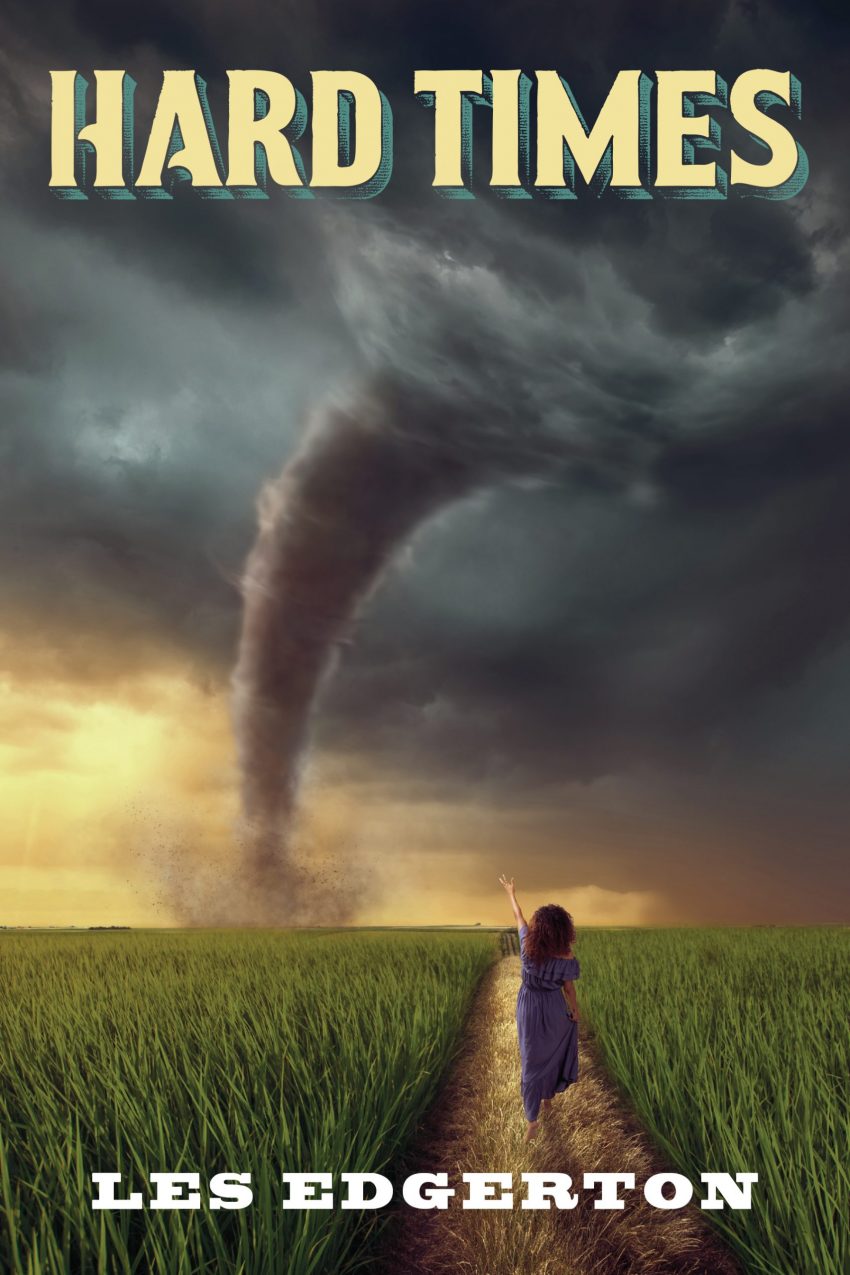
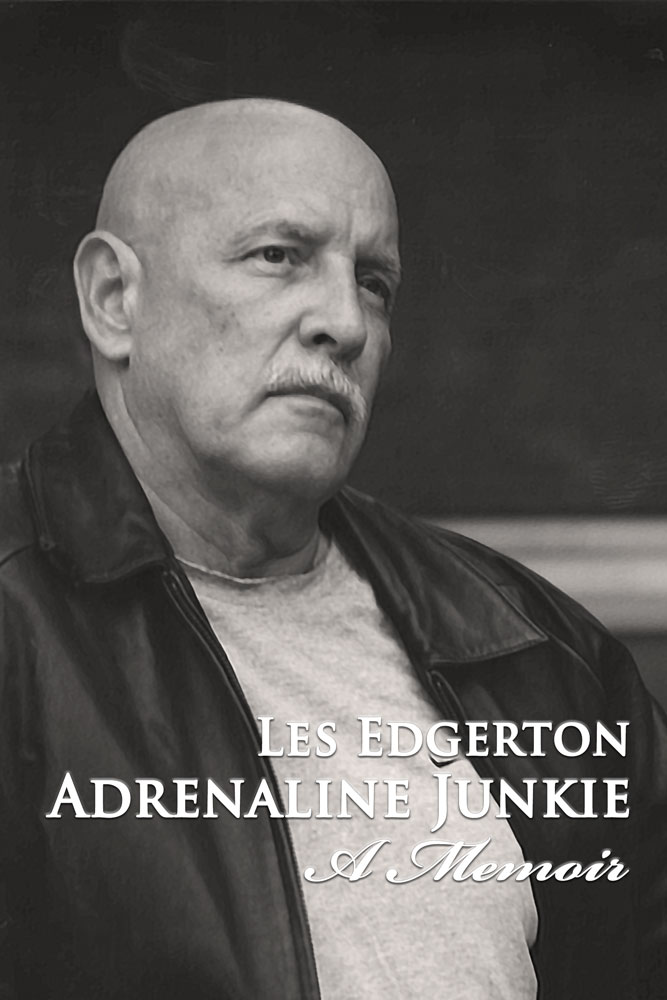
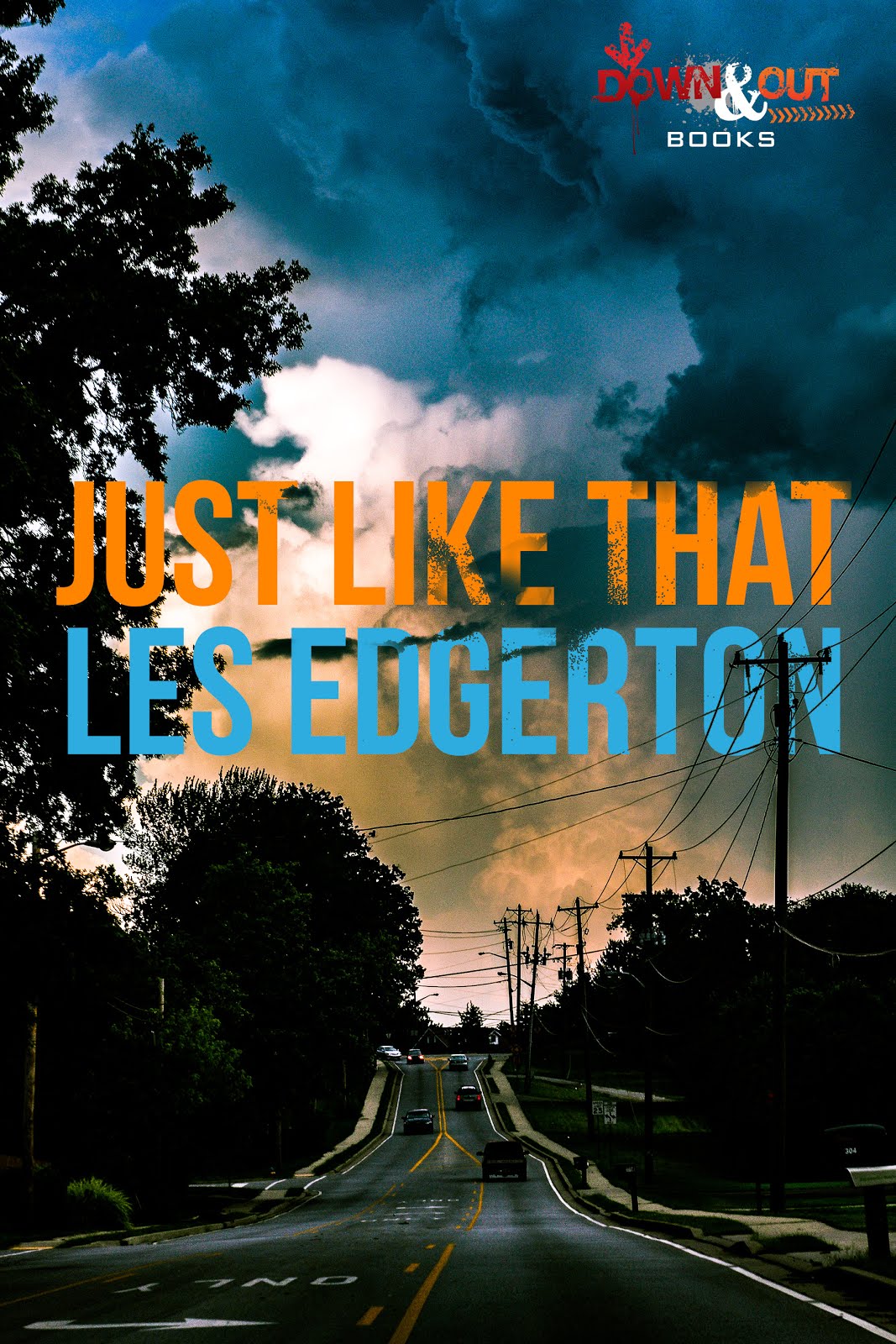

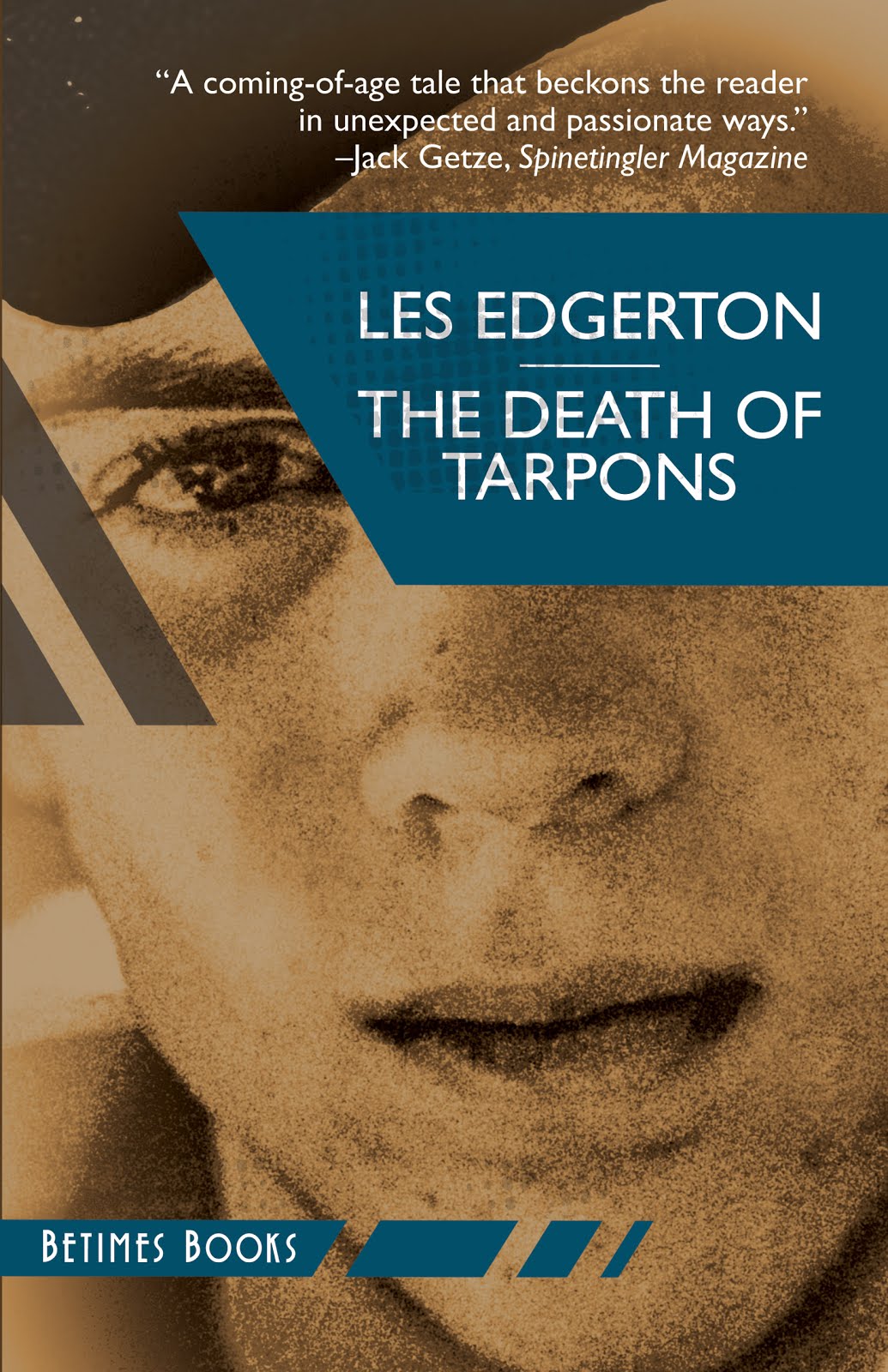

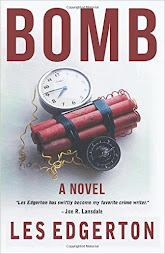


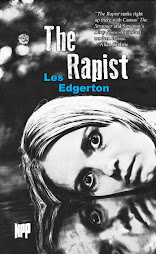
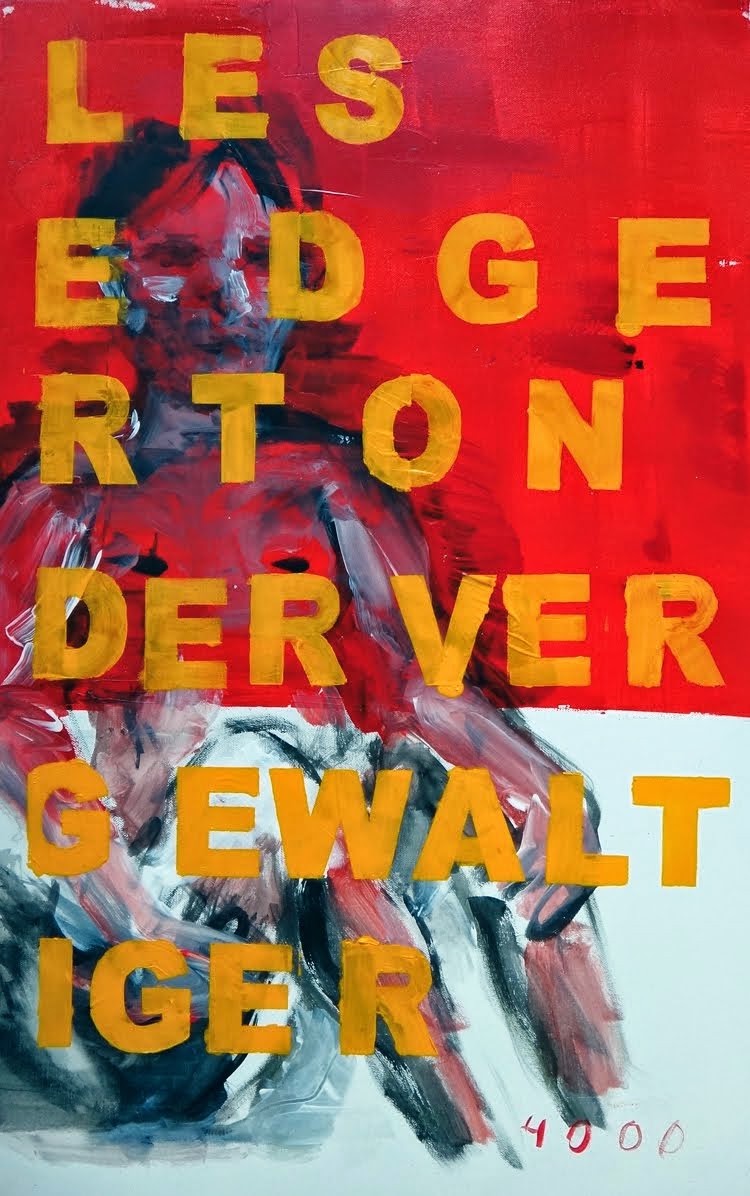
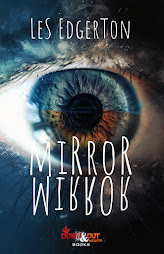

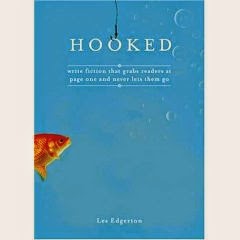

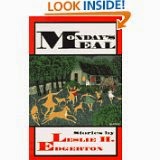
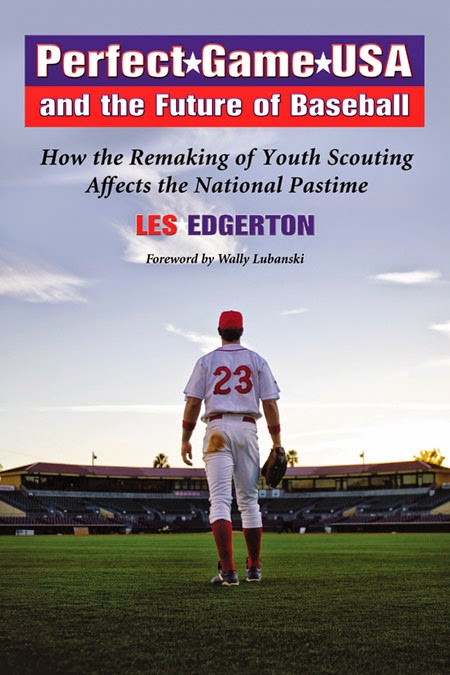
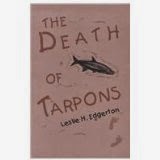







2 comments:
You tells them.
He left the morning after he'd shiv'd the child molester and planted the evidence on the little boy loving cop killing cop who cried to everyone who'd listen that he'd been framed like the Mona Lisa. He spit on the first patch of free grass. How he hated clichés. No one cheered his release, and he walked six miles to town as the clouds eventually covered the sun. The freckled-face young man made a point of showing the girl behind the cash register his gun. She seemed impressed. The young man's gun became his in seconds. The boy died. The girl fainted into the French fry maker, and then died. By time he killed the only other joker in the McDonald's, he was mad. He should have ordered lunch first. The other employees scrambled. He picked up the twenty-piece box of chicken nuggets, shot Ronald, and walked across a field of tall corn toward a house so far off in the distance it seemed as big as a toy in a happy meal. He could use a happy meal now. He wasn't going back inside.
Rick, you're off your meds, right? Cool! I like it when you defy your handlers!
Post a Comment